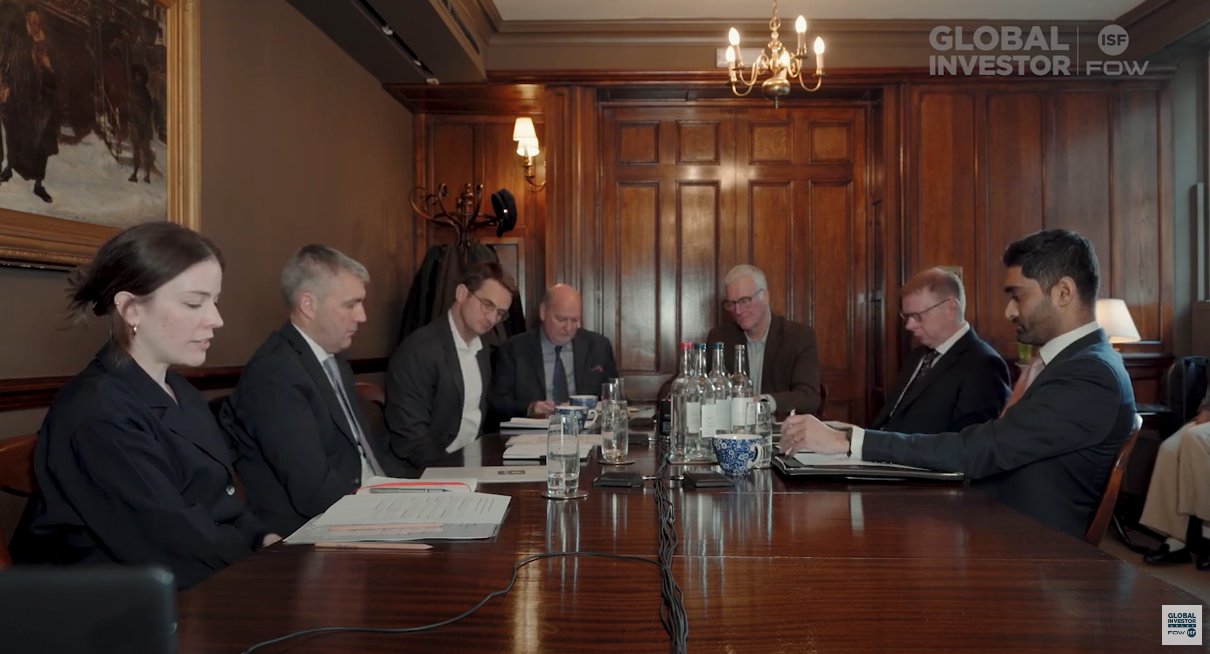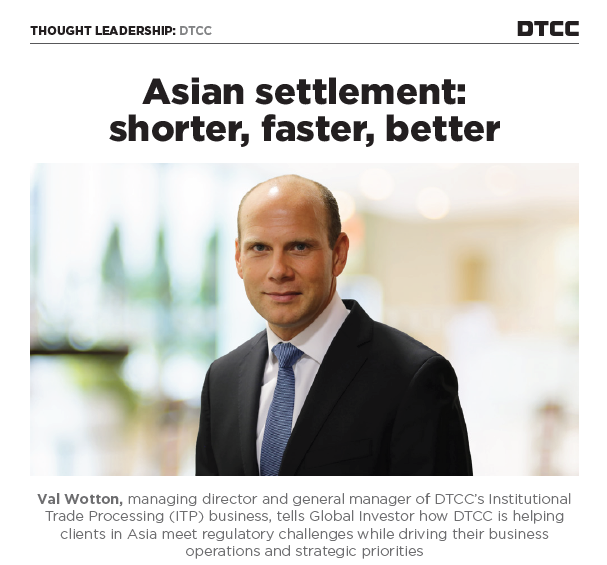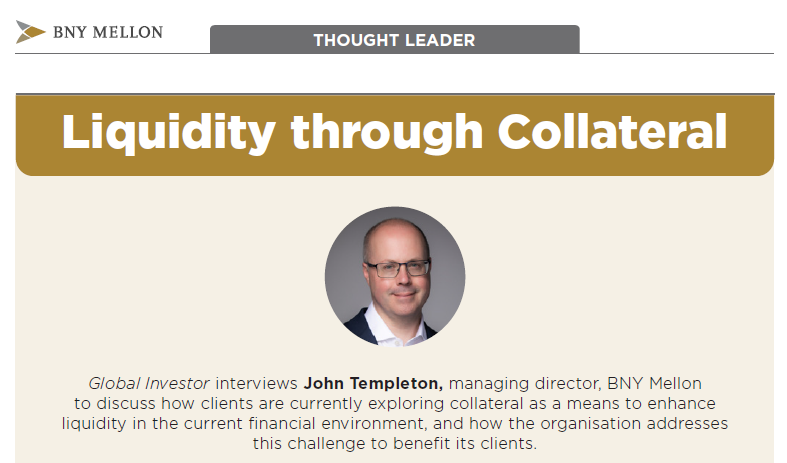Transition Management Roundtable 2023: Outlook for 2023

Outlook for 2023
In early December 2022, Global Investor brought together the industry’s leading transition managers and consultants to discuss some of the key issues affecting clients including costs, the impact of interim solutions, the evolution of data analysis, and how business models are adapting to market conditions.
A portion of the 2023 Transition Management Roundtable is available in the video above. See below for a transcript of the highlights.
Amelie Labbe: How are business models likely to adapt to market conditions over the next year or so?
Ashish Patel: We have talked about business models, not necessarily discussing broker dealer versus asset manager in the transition management space. For all of us here, it should be centred around the business model that focuses on our fiduciary level obligation, our level of care, which essentially ensures that the oversights that have been placed upon us during the transition are constantly aligned to the ever-evolving needs of the client, ensuring that our service delivery as a transition manager is always aligned.
Andy Gilbert: Complexity is on the rise, whether that is the increase in assets on platform-based strategies or whether pooling is going to exist beyond local government pension schemes and into defined benefit schemes.
We are looking potentially at whole portfolio changes, not just changing some equity managers or an allocation to fixed income. I think whole portfolio change is going to be an increasingly dominant theme not just for 2023 but beyond.
Other themes that we have already discussed, such as ESG, are going to continue. I foresee increased scrutiny on transparency and governance around the discretionary decisions that transition managers are making, which is a positive development.
When I consider business models I think similar to Ashish. How does this industry need to evolve, pivot and adapt to take on the challenge of clients moving towards? How can we build the expertise of our teams to meet those increasing complexities and changes?
Transitions can no longer be thought of as just a trade. We have all talked about the other benefits that transition management can provide to a client, as well as execution. It is around managing that complexity, anticipating clients’ future needs.
David Edgar: We have seen years, and will continue to see years, of consolidation within the asset management and pension worlds. Pooling within pensions will become a bigger theme, possibly as a knock on from what has happened this year, particularly among the smaller schemes. We are not quite sure what is happening with superfunds yet.
What is required is flexibility. Coming back to what Cyril said before about the toolkit and what I said about the fact that if you want a one-stop shop to solve a problem, it is a transition manager because they have the expertise and they continue to evolve.
As an example, it’s the knowledge of pooled funds, the way they work, what can be done in them and what each regulatory environment involves. Transition managers are the quick to evolve and they just need to continue to do that because the environment continues to change. It’s changed every year I’ve been doing this and it’s going to continue to change. The transition management teams have done a very good job over the years of keeping up to date change.
Chris Adolph: I think 2023 will be a big year for major strategic asset allocation changes, especially in the pension fund industry. That could lead to a lot of activity, not just as a transition, but overlay activity as well.
The fiduciary point is about putting clients first, which we have always done whether we are acting in a trading capacity or an asset management capacity.
We recently conducted a survey with JPES Partners, who reached out to institutional investors to ask them what they think their biggest challenge is going to be in 2023.The number one challenge highlighted in the survey was volatility, so it is up to us to ask them how we are managing that volatility and come up with solutions.
Found this useful?
Take a complimentary trial of the FOW Marketing Intelligence Platform – the comprehensive source of news and analysis across the buy- and sell- side.
Gain access to:
- A single source of in-depth news, insight and analysis across Asset Management, Securities Finance, Custody, Fund Services and Derivatives
- Our interactive database, optimized to enable you to summarise data and build graphs outlining market activity
- Exclusive whitepapers, supplements and industry analysis curated and published by Futures & Options World
- Breaking news, daily and weekly alerts on the markets most relevant to you





